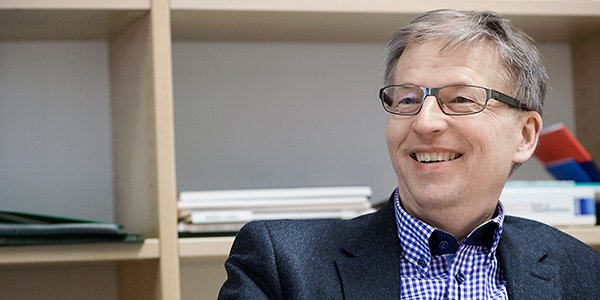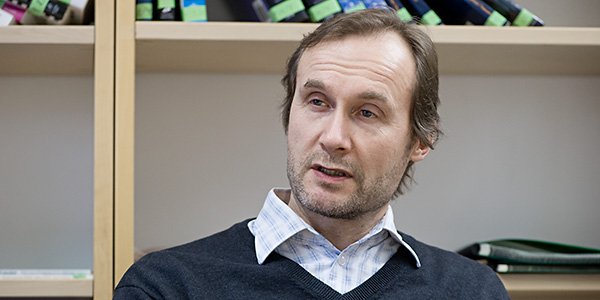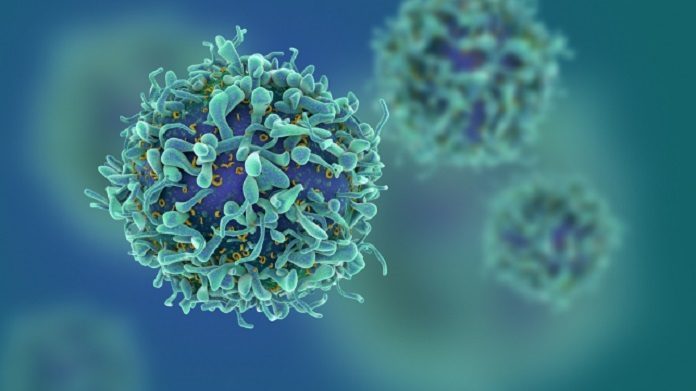In translational cancer research, the key spotlight is on the impacts of hereditary and ecological factors on the danger of cancer, and in addition on factors influencing disease forecast, for example, hereditary and epigenetic factors, and the capacity of tumor cells to survive treatment. Machine learning and profound neural system examination are utilized to process expansive arrangements of information.
At the University of Eastern Finland, translational cancer research into has been recognized as a concentration territory in explore, uniting various analysts from various fields and covering a large number of methodologies extending from the hereditary qualities of disease and sub-atomic instruments to imaging and clinical trials.
Through this study, scientists actually want to identify the key factors contributing to the risk of cancer, to improve cancer diagnostics, and to develop increasingly personalized and more effective treatments. Our research aims at discovering new biomarkers of cancer as well as new targets for cancer drugs.
By consolidating information on the biological qualities of cancer, scientists can make progressively precise classification of cancer. Data on a person’s typical hereditary foundation and way of life data are utilized as a part of risk assessment. These outcomes in a huge measure of information that can be broken down with the assistance of machine learning.
Close collaboration with other research groups within the University and with Kuopio University Hospital and long-haul worldwide coordinated effort constitutes a quality of malignancy explore at the Kuopio Campus. Other vital assets incorporate the Genome Center of Eastern Finland, the National Cancer Center Finland and its provincial unit Fican East, and the Biobank of Eastern Finland. The foundation of the last has essentially enhanced the accessibility of abnormal state inquire about materials.
As of now, the biobank gives scientists access to materials of around 90,000 instances of a tumor, and biobanks have just given a critical lift to explore in wellbeing sciences. For instance, the worldwide Finngen venture depends on test materials gathered by biobanks from contributors giving their deliberate assent. The goal is to diagram the hereditary foundation of a large portion of a million Finns.

Professor Veli-Matti Kosma, research led said, “The significance of individual genetic variation for a person’s cancer risk is usually small, but in case of a large number of risk affecting variants, the susceptibility to develop cancer may become considerably high. Instead of focusing on individual risk factors, we now use artificial intelligence to find the most important combinations of genetic and environmental factors.”
In view of their hereditary risk, 1% women develop the risk creating bosom disease. The better these risk factors are known, the better screening and counteractive action measures can be focused on. Qualities likewise assume a part in how well a man reacts to treatment. Now and again, treatment is as of now customized based on the patient’s genetic backgrounds and the genetic mutations found in the tumor. Later on, this will increment in the treatment of bosom disease and different malignancies alike.
New opportunities for treatment are also sought from hormonal regulation in cancer. Most breast cancers are estrogen-dependent, and this insight has been utilized in cancer treatments for quite some time. Moreover, prostate cancer, which is the most common type of cancer in men, is typically associated with severe disruptions in androgen and epigenetic regulation. Indeed, recent years have witnessed increasingly effective drugs targeting the androgen receptor.
Drugs that operate on the epigenetic level, i.e. on the level of genetic regulation, are being developed for both breast and prostate cancer. At the University of Eastern Finland, Professor Jorma Palvimo’s research group studies the function of estrogen and androgen receptors in breast and prostate cancer cells, and their disturbed regulatory mechanisms at the genome- and proteome-wide levels. This line of research studies how to use these to find better biomarkers and to develop compounds that inhibit cancer cell growth.

Professor Arto Mannermaa explains said, “In leukemic cells, we often find mutations in factors that regulate cell differentiation, which is why we expect to discover cells that resemble stem cells and cells that are partially differentiated. The differentiation stage of cells can be identified in the gene transcription profile, which we nowadays can determine at the level of individual cells. Our findings clearly highlight cell plasticity, which is an important phenomenon to understand when developing new, targeted treatments.”
